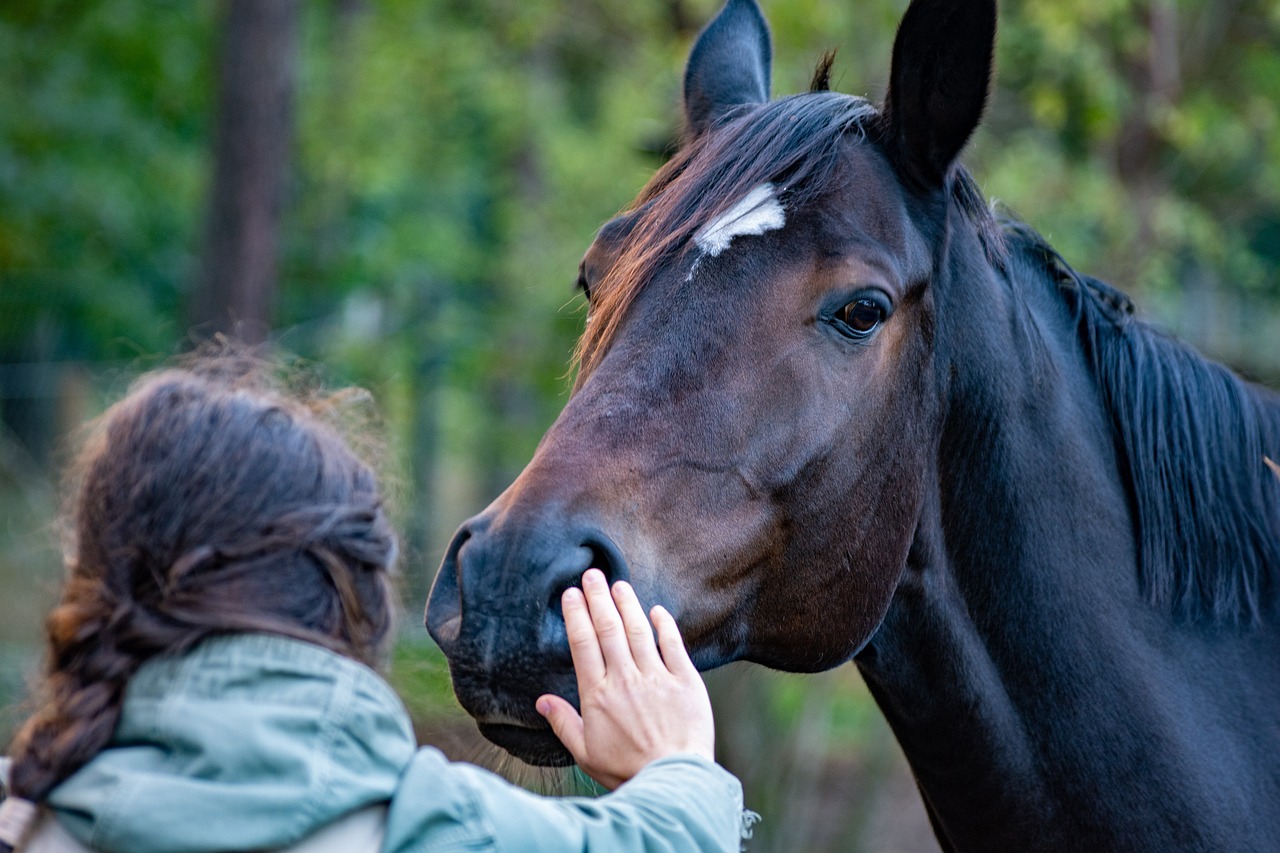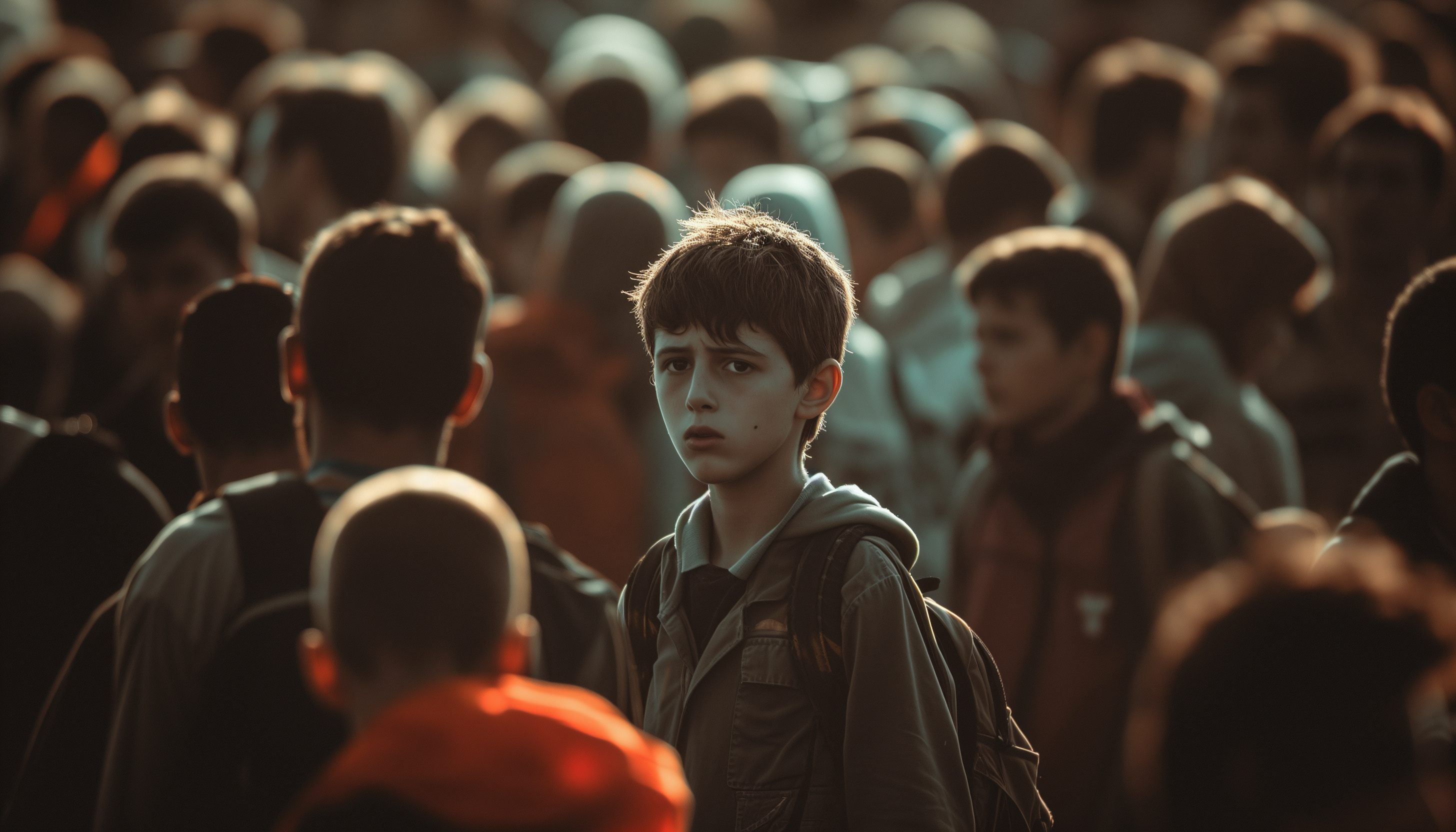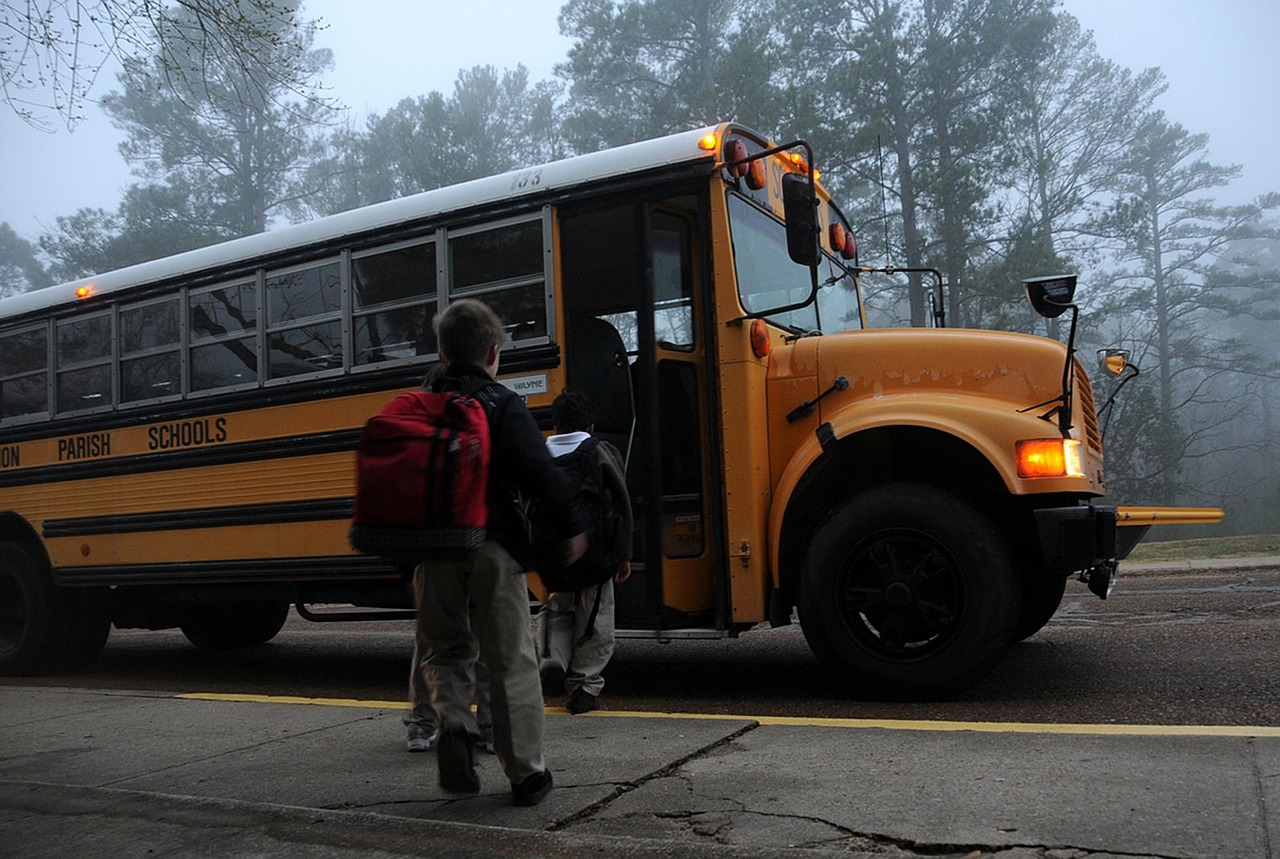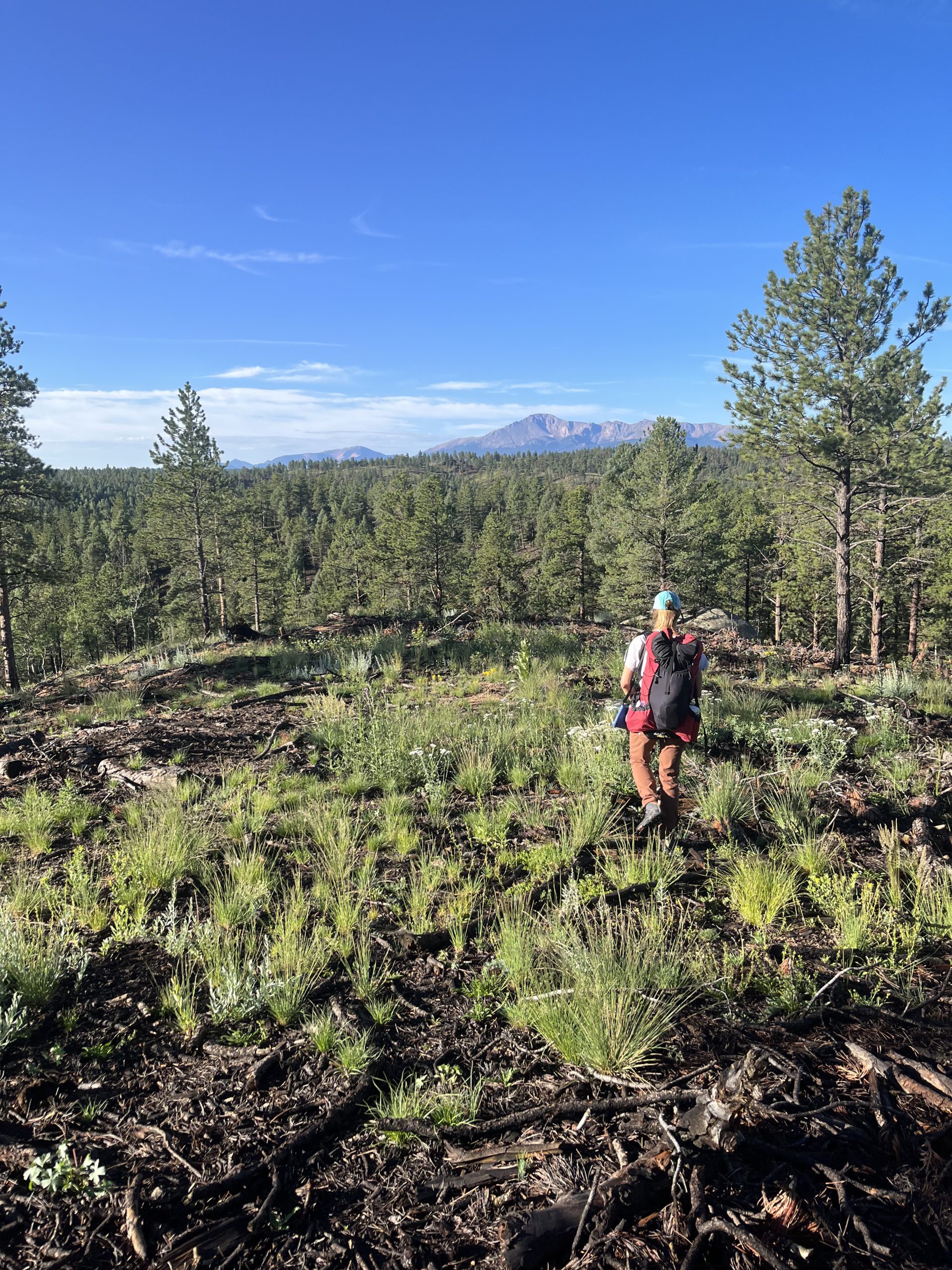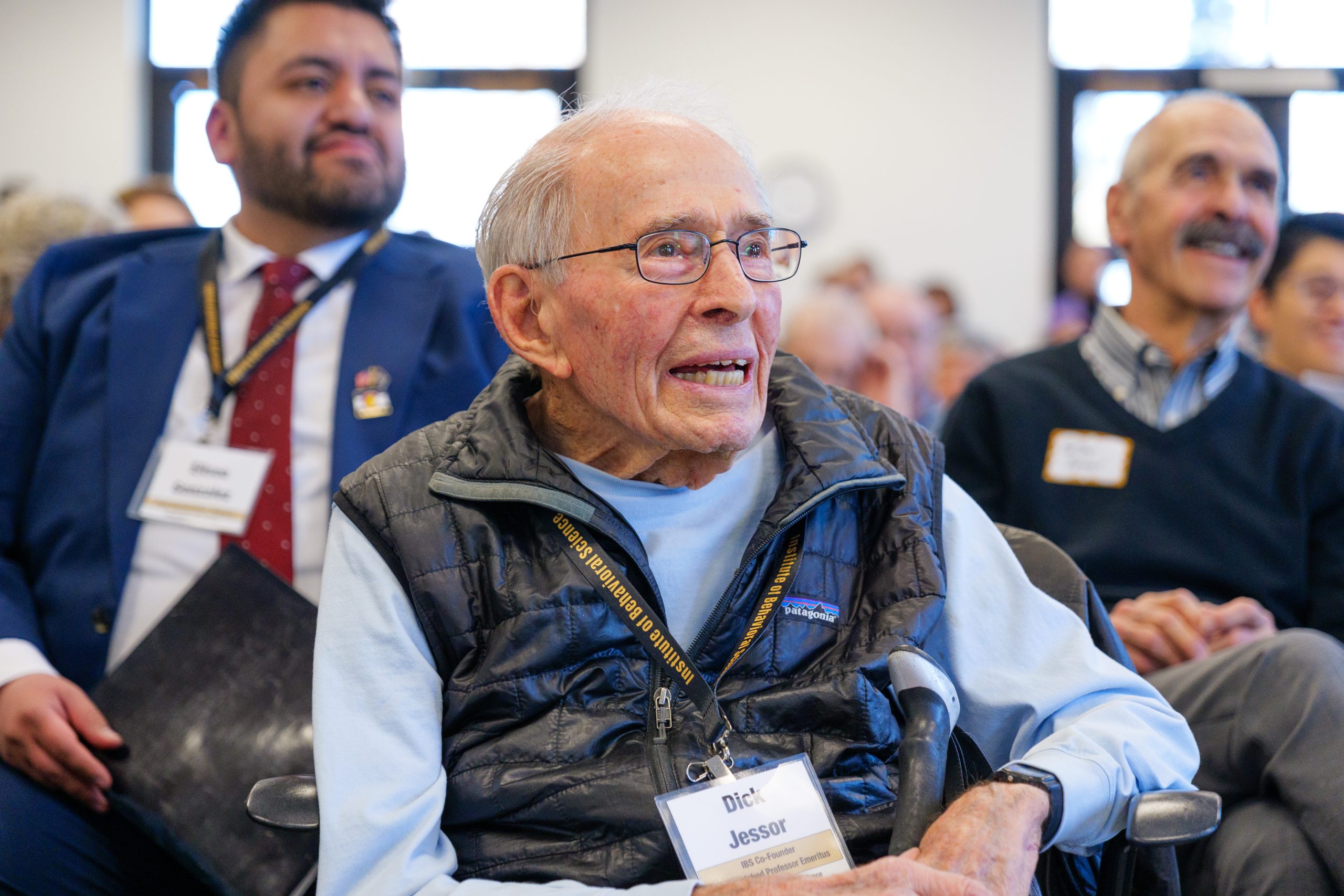From deepfakes and malign propaganda to conspiracy theories and anti-science movements, disinformation is a growing threat to our society. Visiting Kosciuszko Foundation Fellow, Fulbright Professor and IBS Research Scholar, Kacper Gradon, researches disinformation and how to best counteract its repercussions. Gradon will discuss his research at our upcoming IBS Speaker Series on March 31.
- Who: Kacper Gradon, Ph.D., D.Sc. Associate Professor of Security and Crime Science at the University College London (UCL), Associate Professor of Cybersecurity at Warsaw University of Technology
- When: Monday, March 31 from 12 – 1 p.m. MT (discussion to follow)
- Where: Richard Jessor Building, Room 155 or via Zoom (email ibs-contact@colorado.edu for passcode)
- Field: Cybersecurity, Artificial Intelligence, Security and Crime Science
Kacper Gradon
IBS Visiting Research Scholar
Proliferation of disinformation poses a significant threat to democratic institutions, international partnerships and alliances, public health, and individual well-being. Disinformation exacerbates societal divisions and is leveraged by a wide range of actors to achieve their objectives, especially during times of high-profile events and crises.”
Gradon’s talk will showcase potential solutions aimed at the prevention, interdiction, and mitigation of disinformation. Recent political events in the United States have exacerbated the threat of disinformation and distrust in research. These events include the withdrawal of the U.S. from the World Health Organization, the rising role and power of Big Tech Executives in the Federal Government, the liquidation of fact-checking safeguards on social media, and the disruptive potential of Artificial Intelligence (deep fakes). Gradon will not only discuss ways to prevent and combat disinformation but also propose the creation of the interdisciplinary Working Group of Disinformation Prevention at the Institute of Behavioral Science.
The IBS Speaker Series is open to all CU Boulder faculty, staff, and students as well as the public. This talk is hosted by the Prevention Science Program at the Institute of Behavioral Science.
This talk is specifically of interest for people who:
- Are concerned about current political events and their impact on research and academia.
- Want to find solutions to restoring trust in research with the public.
- Are interested in cybersecurity, data science, artificial intelligence or crime science.
Gradon is the World Health Organization Global Infodemic Manager, Fulbright Senior Award Scholar, and the recipient of The Kosciuszko Foundation Fellowship. His area of expertise is disinformation, hybrid and information warfare, Generative Artificial Intelligence applications in security, human-centric dimensions of cybersecurity, and Future Crimes. He has been a frequent consultant of law enforcement agencies and intelligence institutions worldwide. He presented at over 200 conferences on all continents and is a triple TED(x) speaker. Gradon has held visiting professorships at CU Boulder, University College London, John Jay College of Criminal Justice (CUNY), University of Southern California, University of Greenwich, Memorial University of Newfoundland and at law-enforcement academies, such as the Portland Police Department Training Division and Indian National Police Academy in Hyderabad. At CU Boulder, Gradon is pursuing his research in the application of crime prevention programs to the detection and mitigation of disinformation campaigns.
Learn more about Gradon’s research:

